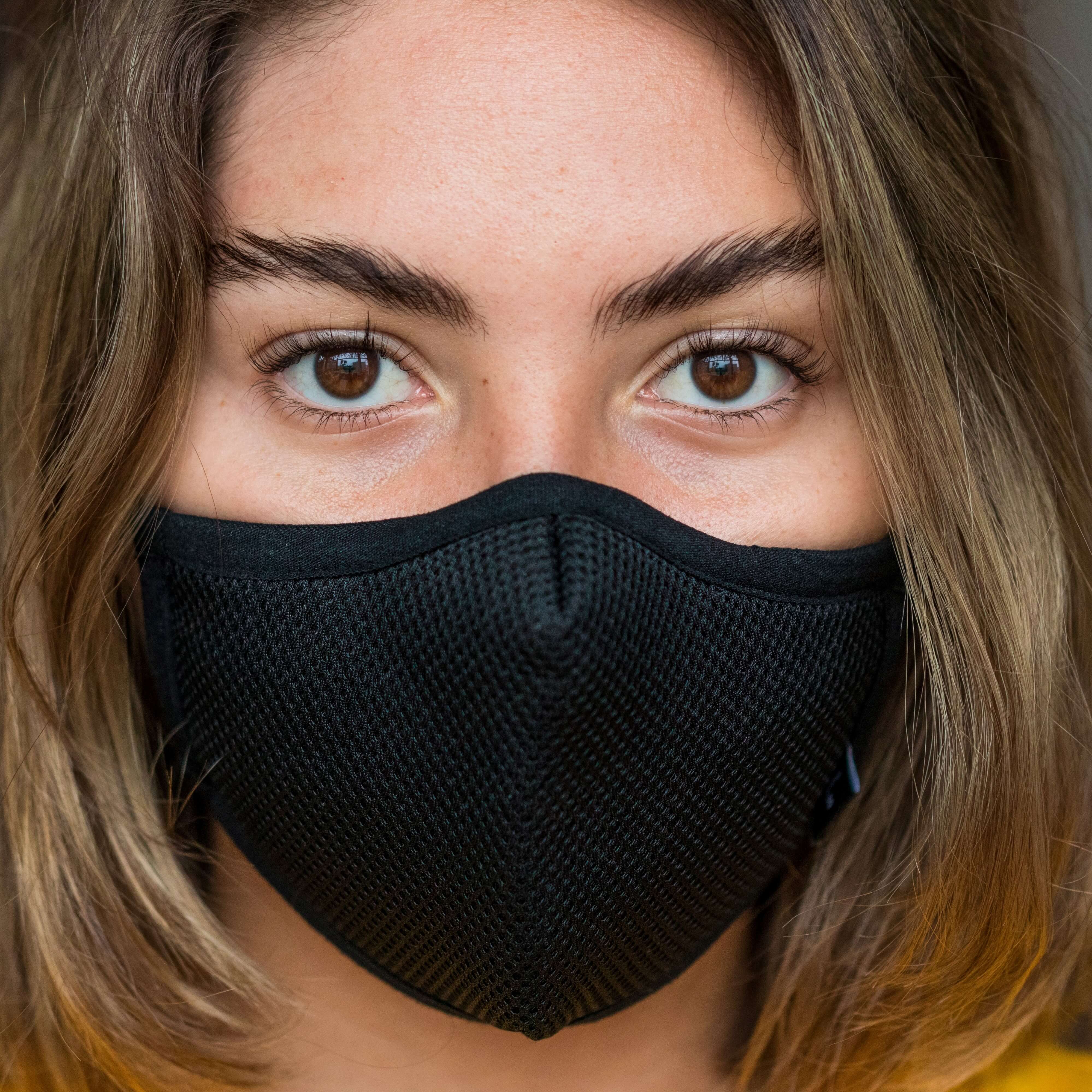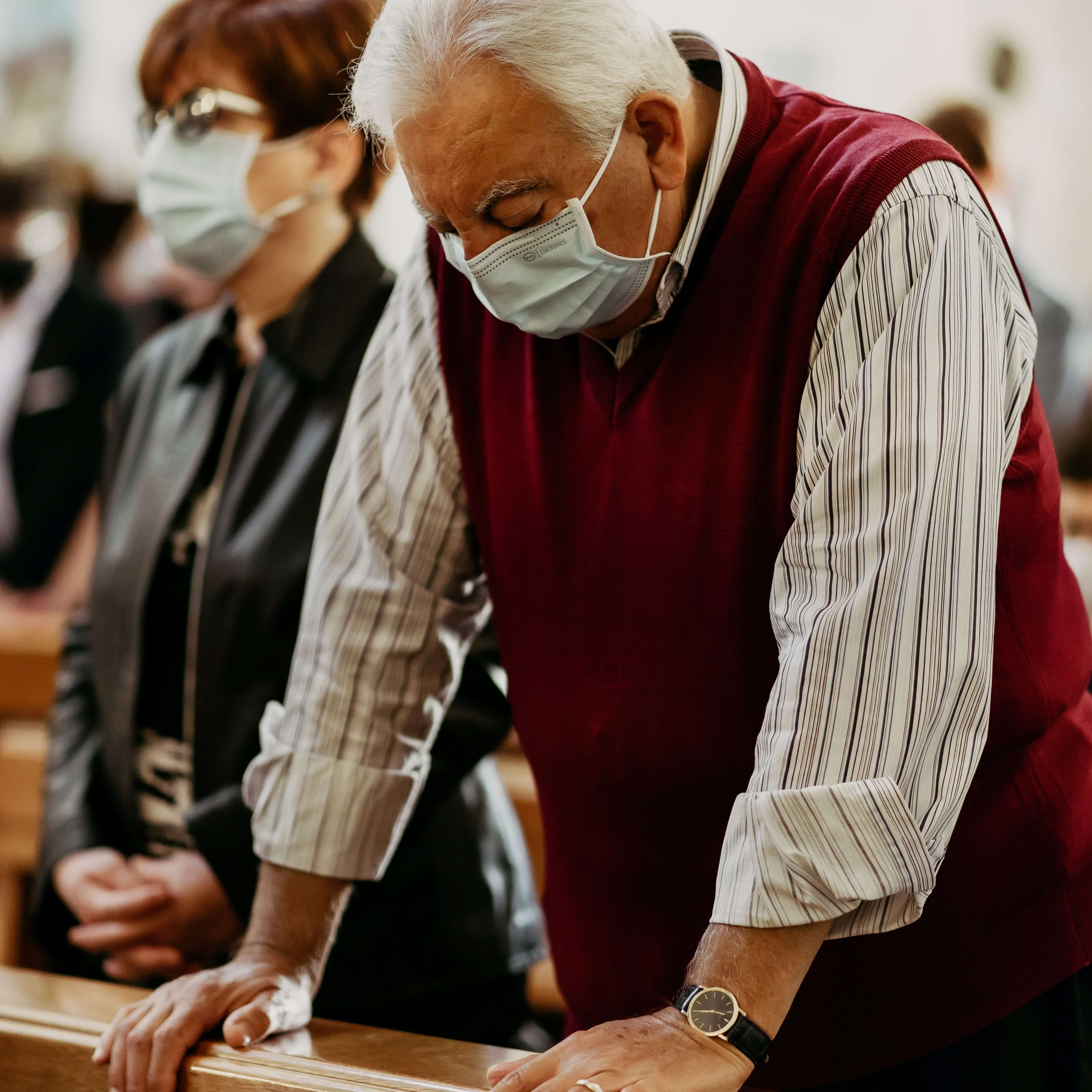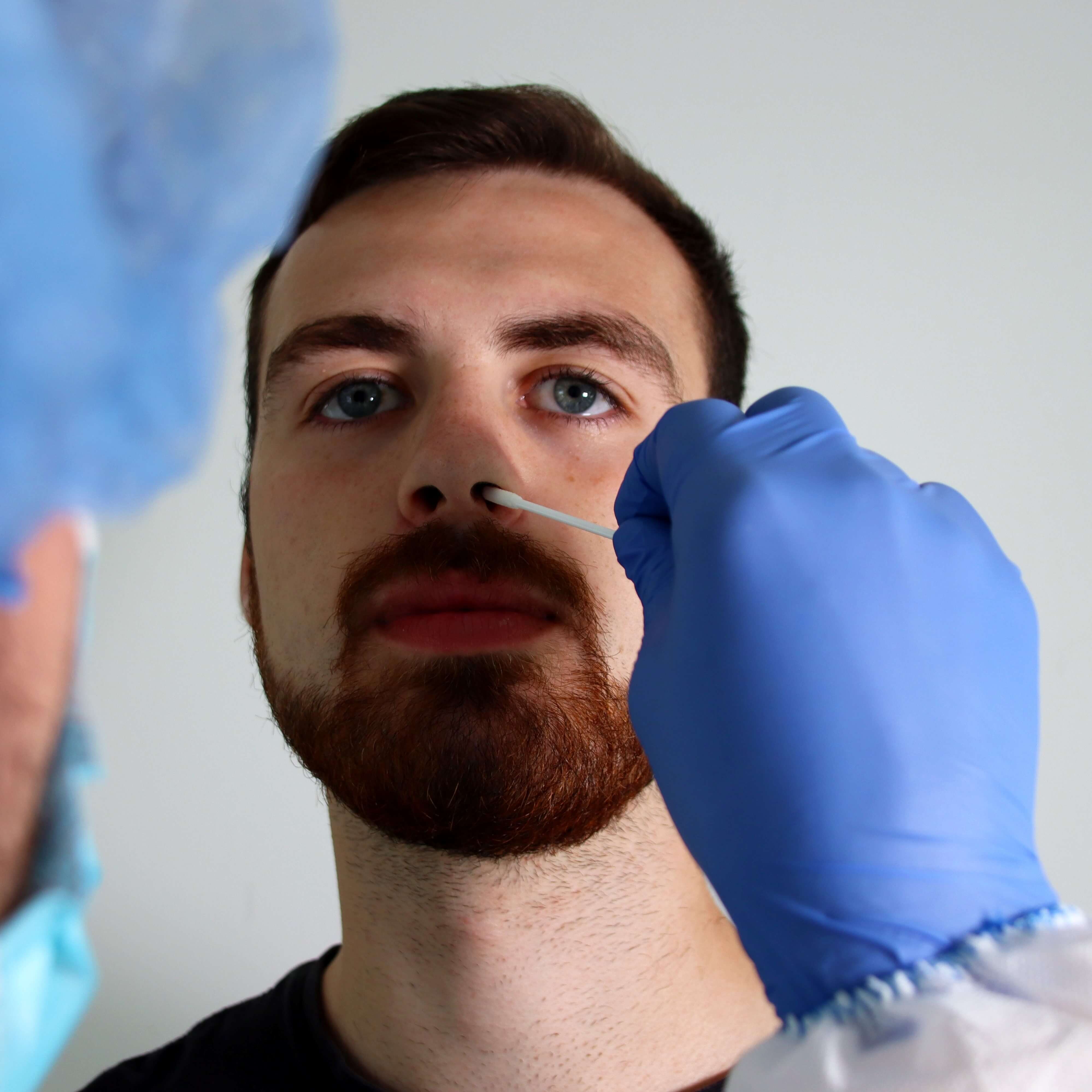
How Long Does Covid Last in Kids?
The coronavirus claimed millions of lives during the pandemic. As a parent with kids and COVID-19 still rampant, it is only logical to fear for your children’s health. Any minor cough, fever, or cold is now a cause for concern.
To help you in this time of uncertainty, we have gathered useful information regarding COVID-19 in children and what you can do to take care of them.
Common Symptoms of COVID-19 in Kids
The coronavirus can also infect children 18 years and younger. The common symptoms they may exhibit are similar to a mild cold or flu. Check your child for the following symptoms:
- High temperature or fever and chills - No need to take the child’s temperature. As long as their skin is hot to the touch, they are experiencing this.
- Continuous coughing - Your child is coughing a lot in an hour, or he/she has had 3 or more coughing fits in the span of 24 hours.
- Body aches
- Soar throat
- Runny or clogged nose
- headache
- Feeling unwell
- Feeling exhausted or easily tired
- Diarrhoea
- Shortness of breath
- Loss of taste or smell
- Loss of appetite
Other observable symptoms that will require emergency care are:
- Difficulty in breathing
- Lips turning a bluish tint
- Inability to keep down liquids
- Having trouble waking up
- Signs of new confusion
- Multisystem Inflammatory Syndrome in Children (MIS-C)
Though potentially deadly to adults, COVID symptoms in kids seem to be less of a worry. As long as you do not observe any signs that will need emergency care, there is little to be concerned about. Next, we will discuss the steps in caring for your sick child.
How Long Does COVID Last in Kids and What to Do?

Though it is worrisome, generally healthy kids with COVID-19 only experience mild symptoms of the sickness and would usually be well in a few days. Some symptoms may linger, but if your child is already feeling fine, then he/she may go back to their normal daily activities.
If you observe flu-like symptoms in your child, you may perform a FlowFlex COVID-19 test or Healgen lateral flow tests on your child (2 years or older) and yourself. “What if my child tested positive for COVID-19 but I tested negative? What should I do?”
Stay calm. Most healthy kids will only get mildly sick. Follow care instructions to ease their symptoms.
Isolate
Your child should stay home if he/she is experiencing fever, feeling sick, or unwell to do their usual activities. They should stay in a room separate from other people in your house and use separate utensils.
Isolation does not necessarily mean they have to feel like prisoners. Give them a book or a device with which to talk with you and others to keep them entertained during their isolation. Once your child is feeling better and able to do their usual activities, he/she may end the isolation and continue with their normal life.
Wear a face mask
Wear a mask when coming in contact with your child. This should prevent you from becoming infected as well.
Sanitise hands and surfaces regularly
Wash your hands with soap and wipe down surfaces your child has come in contact with, especially in shared rooms like the bathroom.
Practice social distancing
Tell other members of your household to stay in a different room or keep a safe distance of 2 meters from the sick child. This will prevent others from getting infected. As the caretaker, you should limit your contact, as well. Refrain from kissing your child for the moment. Comfort them with your words in the meantime.
Avoid touching your face
Your eyes, nose, and mouth are the main entry points for the virus. Avoid touching your face to keep the virus from entering your system.
Keep a room well-ventilated
Open your child’s windows to let fresh air circulate in their room.
After recovering from the illness, your child may return to their daily activities in daycare, school, or college. Remind them to practice proper hygiene: cover their nose and mouth when coughing or sneezing, and sanitise their hands regularly.
Risk Factors for Serious Coronavirus in Children
If your child has any of these medical conditions, they may need immediate medical attention as soon as you suspect a COVID-19 infection:
- Children under the age of 2
- Prematurely born children
- Those who have an autoimmune disorder
- Those with a chronic lung disease
- Those who are struggling with obesity
- Those with health disparities
In Summary
Generally speaking, COVID-19 does not pose a great threat to healthy children. They may experience some mild symptoms for a few days. After that, they will be well enough again to go to school and play with other children. However, if your child is considered high-risk, it is recommended to seek medical help.



